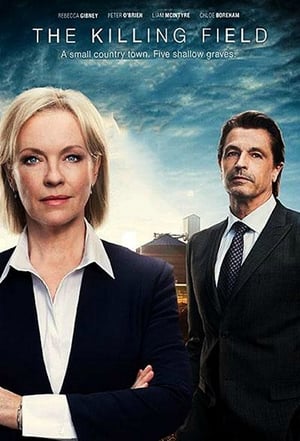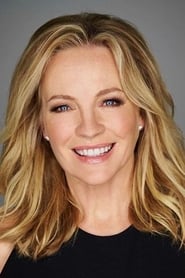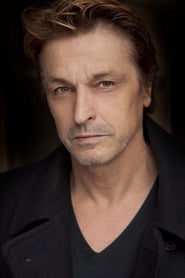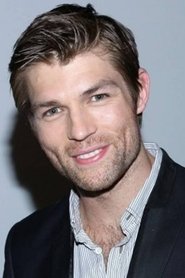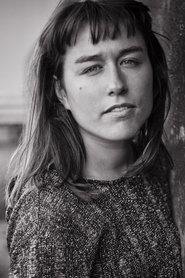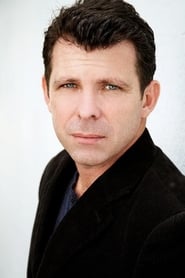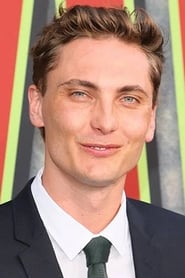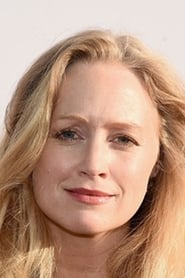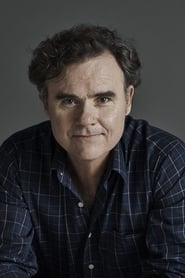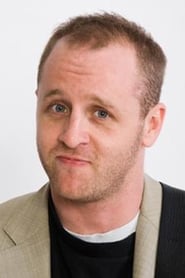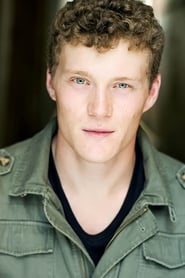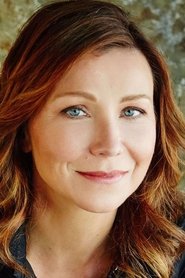Cast
View AllRebecca Gibney
as Detective Sergeant Eve Jenkins
Peter O'Brien
as Detective Inspector Lachlan McKenzie
Liam McIntyre
as Detective Senior Constable Dan Wild
Chloé Boreham
as Detective Senior Constable Bridget Anderson
Warwick Young
as Matt Davis
Eamon Farren
as Damian Jeffries
Damien Garvey
as Brett Holloway
Anna Lise Phillips
as Jennifer Fleet
Darren Gilshenan
as Brian Fleet
Josh McConville
as Jackson Ciesolka
Dave Eastgate
as Ray Stafford
Patrick Thompson
as Larry Fernando
Edmund Lembke-Hogan
as Darren McKechnie
James Peter Fraser
as Bruno Fernando
Anita Hegh
as Diedre Hughes
Crew
Director
- Samantha Lang
Writer
- Michaeley O'Brien
- Sarah Smith
Producer
- Rebecca Gibney
- Sarah Smith
- Bill Hughes
Reviews
capz888
The Killing Field
By David Knox on May 2, 2014
Screen Shot 2014-05-01 at 9.31.26 pm.jpgWho doesn’t love a good whodunit?
Television is full of them whether as event dramas, weekly crimes or telemovies. The latest offering is The Killing Field, a Seven-produced telemovie featuring network sweetheart Rebecca Gibney (also acting as a Producer).
Neatly folding Julie Rafter away like a warm woolly jumper, she returns as the rather clinical and cool Detective Sergeant Eve Winter. She is lured by Detective Inspector Lachlan McKenzie (Peter O’Brien) back to a city-based Detective squad for a major case in the bush.
Joined by Detective Senior Constable Bridget Anderson (Chloé Boreham) and Detective Senior Constable Dan Wild (Liam McIntyre) they are confronted by the graves of five dead bodies in the fictional town of Mingara. While it suggests a serial killer has been hiding amongst the sleepy community, the more immediate threat concerns the disappearance of a teenage girl, Becky (Taylor Ferguson).
In their designer suits, this rather mod squad become fly-in, fly-out crime-busters (a nod to Criminal Minds perhaps?) openly discussing the case while strolling down main street. The local force, in over their heads, are left to mind the crime scene and can’t even seem to do that sufficiently.
We meet the family of the missing girl, and various townsfolk most of whom we would consider key suspects. The stock standard white board with photos is there to help. Eve serves as our guide into this world, gleaning pieces of information and raising suspicions about what’s been laying beneath the surface, literally, of Mingara.
She also suppresses an emotional backstory with McKenzie and there’s a little of the good cop / bad cop going on between them, thankfully not too heavily. Anderson and Wild have loosely-sketched backstories that will presumably develop should the drama proceed to series.
Supporting cast members include Damien Garvey, Darren Gilshenan, Anita Hegh and Dave Eastgate.
As a thriller you can expect red herrings, a little action and eleventh-hour jeopardy.
But aside from the handsome backdrop of the fictional Mingara this telemovie predominantly feels like a weekly episodic crime. It lacks the vast themes that would justify a telemovie format, and the depth of character required. Gibney has the cropped haircut and underplays the warmth with which she has become associated, but lacks the aggressive, seniority of a Helen Mirren Prime Suspect.
Some policing moments feel amplified for drama rather than authenticity and we learn next to nothing of the other 5 victims or their families, who presumably live in the same town. The dialogue, too, slips into spelling out the obvious or signposting backstories.
“Mate this is a murder investigation, you have to tell us everything you know,” Wild barks at one point.
“Small town, small minds, redneck right-wing f***wits … this is why I left the country,” says Anderson at another point.
Indeed it’s roughly what I would expect if Seven were to parachute the City Homicide team into Mount Thomas, which is not to say this is not without a future, but perhaps one that gets to the point a little quicker at 42 minutes than 90.
Whether Eve Winter is enough for viewers to not long for Julie Rafter, or indeed Jane Halifax, to return is a mystery only the ratings will solve.
Aug 14, 2014
Thematic Analysis
As a dramatic work, The Killing Field examines complex human relationships and emotional struggles against the backdrop of contemporary challenges that mirror our own experiences. The character development particularly stands out, offering viewers a chance to reflect on their own life journeys.
Director Samantha Lang brings their distinctive visual style to this film, continuing their exploration of themes seen in their previous works while adding new elements. Their approach to character development and emotional depth creates a viewing experience that rewards close attention.
Released in 2014, the film exists within a cultural context that continues to evolve with our understanding of its themes. Its reception demonstrates the diverse reactions to its artistic choices and its place in cinema history.
Did You Know?
- The production of The Killing Field took approximately 11 months from pre-production to final cut.
- The final cut of the film runs for 90 minutes, though the director's initial assembly was reportedly 117 minutes long.
- The director insisted on using practical effects whenever possible, reserving CGI for only the most necessary scenes.
- The film contains approximately 1503 individual shots.
- The screenplay went through 10 major revisions before the final shooting script was approved.
Historical Context
- In 2014, when this film is released:
- Streaming services were revolutionizing film and television consumption.
- Climate change awareness was becoming a central global concern.
- Streaming platforms were disrupting traditional distribution models and changing how audiences consumed films.
How This Film Stands Out
While The Killing Field shares thematic elements with other films in its genre, it distinguishes itself through its unique approach to storytelling, visual style, and character development.
Unlike Oppressed Majority, which takes a more conventional approach to its subject matter, The Killing Field offers a fresh perspective through its innovative visual language and narrative structure.
While films like O'er the Land and The Death of Empedocles explore similar territory, The Killing Field stands apart through its distinctive directorial vision and pacing.
This film's unique contribution to cinema lies in its thoughtful balance of entertainment value and thematic depth, making it a valuable addition to its genre.
Details
- Release Date: May 4, 2014
- Runtime: 1h 30m
